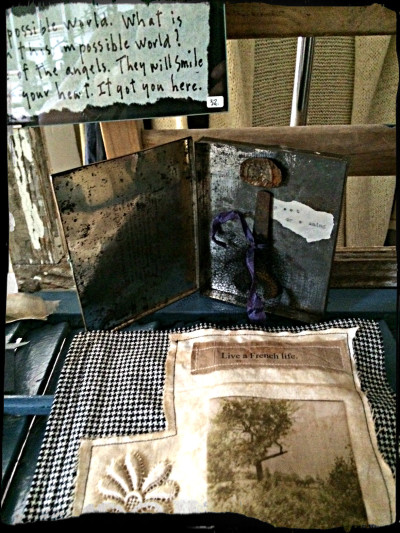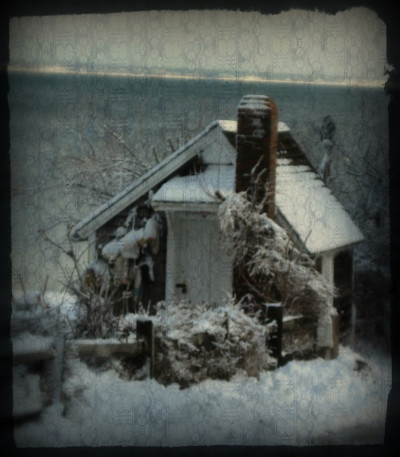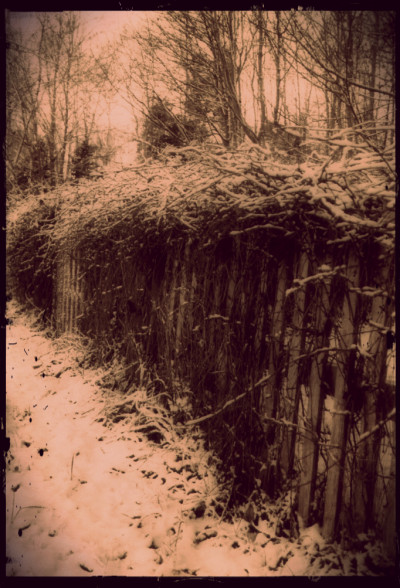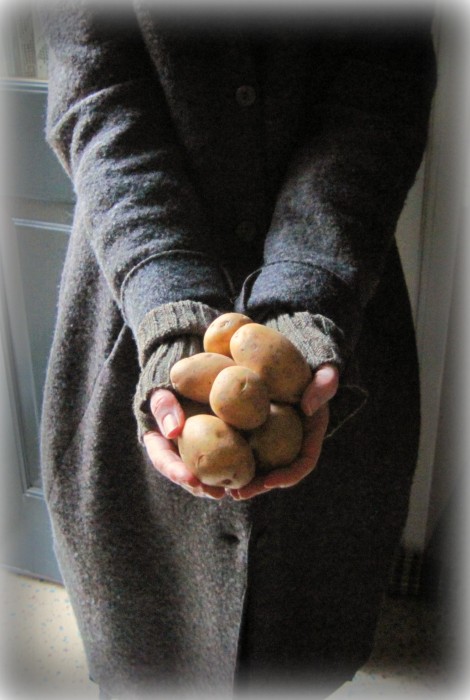The Raining Rain
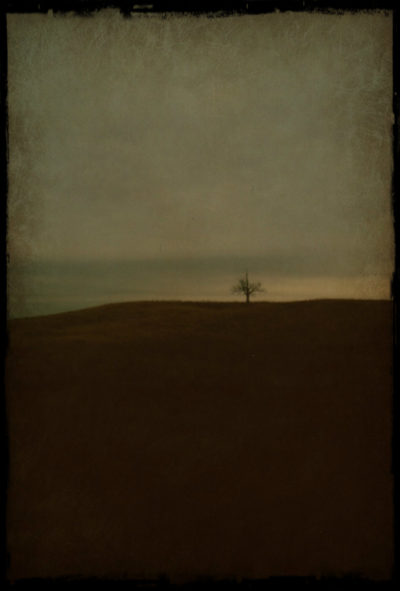
Under the Wilderness
From Diana Vreeland, the legendary editor of Vogue: “I think when you’re young you should be a lot with yourself and your sufferings. Then one day, you get out where the sun shines and the rain rains and the snow snows and it all comes together.”
I have been a lot with my self and my sufferings this past spring, though I’m way old enough to be out where the rain rains and the sun shines. It’s like a tossed salad of sufferings: a leaky roof, an aching knee, numb fingers, a bit of pure adolescent heartbreak sprinkled on top like a bite of chive. Not big-time, major-league, macro sufferings, to be sure, but enough to satisfy me.
This is familiar territory. Quite comforting to kvetch with a friend about the trials and tribulations of keeping up an old house and yard: spiders, pollen, rotting boards, peeling paint, ticks, ice dams, stopped-up drains, wet cellars, ancient wiring. Quite comforting to swap notes about creaky joints, nanosecond attention spans, proper noun oblivion, necessary naps. Quite comforting to write a poem or two to drench the heart in further woe, slip on it like a mossy stone.
All of this worrisome stuff is weirdly satisfying, a dose of personal Schadenfreude. The greatest danger is that negative satisfaction might become habitual, a worn pleasure track in the brain. Since I have no intention of becoming one of those cranky, peevish old ladies besting each other in a match of misfortunes, I respect what Vreeland has to say here: “Then one day, you get out.” Out of so much with your self. Out under the open sky where the elements have their way with you. Out where some days take your breath away, others leave you limp as a wet towel.
I am blessed with friends and family who do brave things: travel to Europe alone; run Art Centers; read their poetry to an audience though their fingers tremble; drive a friend to chemo; work with special needs children and adults; listen with compassion to people battling addiction; pile flowers and birds’ nests in their hair; make art; make a commotion; or make a safe, peaceful place that welcomes every weary soul.
In the end, it all comes together, as Vreeland says. Once out in the fresh, wild, scary world where the snow snows and the sun shines, the cloistered dwelling of the self begins to feel like a hobbit cottage cluttered with teacups, crammed with knick-knacks. You hit your head on the beams. There is little room to breathe. So you step outside. See the moon coming up in the wilderness of sky. Flap your squeaky elbows. Do a creaky little dance. Trust in the raining rain.
